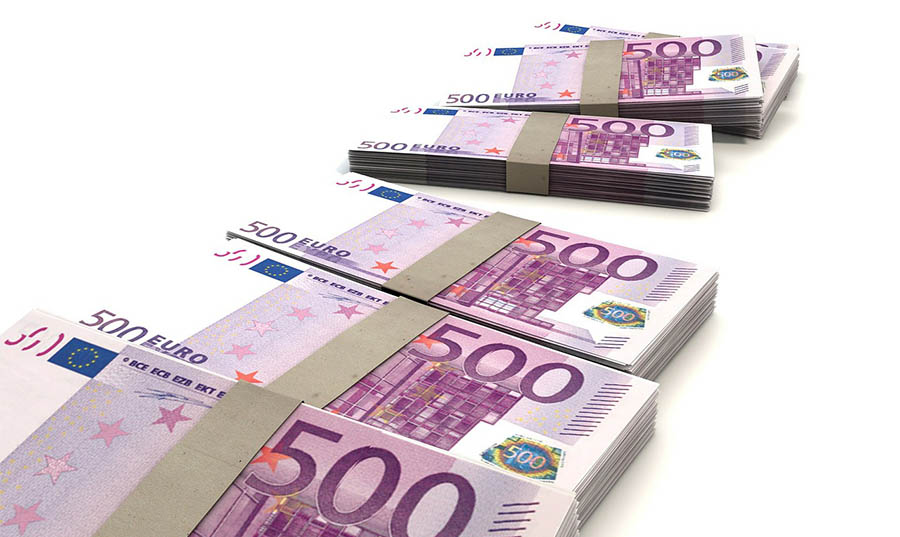On June 4, 2018, Paris-based financial giant Société Générale agreed to pay the United States and France a total of $860 million in criminal penalties for bribing Libyan officials and manipulating the London InterBank Offered Rate (LIBOR), a global benchmark interest rate. The bank’s U.S. subsidiary, SGA Société Générale Acceptance N.V., pleaded guilty in the Eastern District of New York relating to the resolution of the Foreign Corrupt Practices Act (FCPA) offenses, which account for $585 million of the overall settlement value. Aside from its sheer size—ranked as the fifth largest FCPA enforcement action by settlement value—the case marks the first coordinated resolution with French authorities in a foreign bribery case and signals the United States’ increased commitment to working in coordination with other governments to enforce anti-corruption laws around the world.
Like so many FCPA actions, this case involved illegal payments made to government officials through a local broker. According to the Department of Justice (DOJ), between 2004 and 2009 Société Générale paid bribes through the broker in connection with 14 investments made by Libyan state-owned financial institutions. In total, the bank paid the broker $90 million, portions of which the broker paid to high-level Libyan officials to secure the investments from state institutions. The 14 deals were worth an estimated $3.66 billion and netted the bank $525 million.
In addition to the criminal fines, Société Générale will pay $475 million in regulatory penalties and disgorgement to the Commodity Futures Trading Commission (CFTC) in connection with the LIBOR scheme and must adopt and maintain advanced compliance procedures. When a company enters into a deferred prosecution agreement (DPA), it typically does not have to plead guilty to a charge and the pending charges are dropped after the DPA expires. However, Société Générale pleaded guilty to a one count criminal information charging conspiracy to violation the anti-bribery provisions of the FCPA. The DOJ specifically mentioned the bank’s failure to self-disclose the bank’s misconduct as a factor in the terms of the DPA.
The Société Générale case serves as a stern reminder for U.S. businesses to vigilantly police the practices of their overseas personnel and business units and to invest in rigorous compliance programs to help identify and correct anti-corruption risks before they become the subject of an FCPA investigation.

